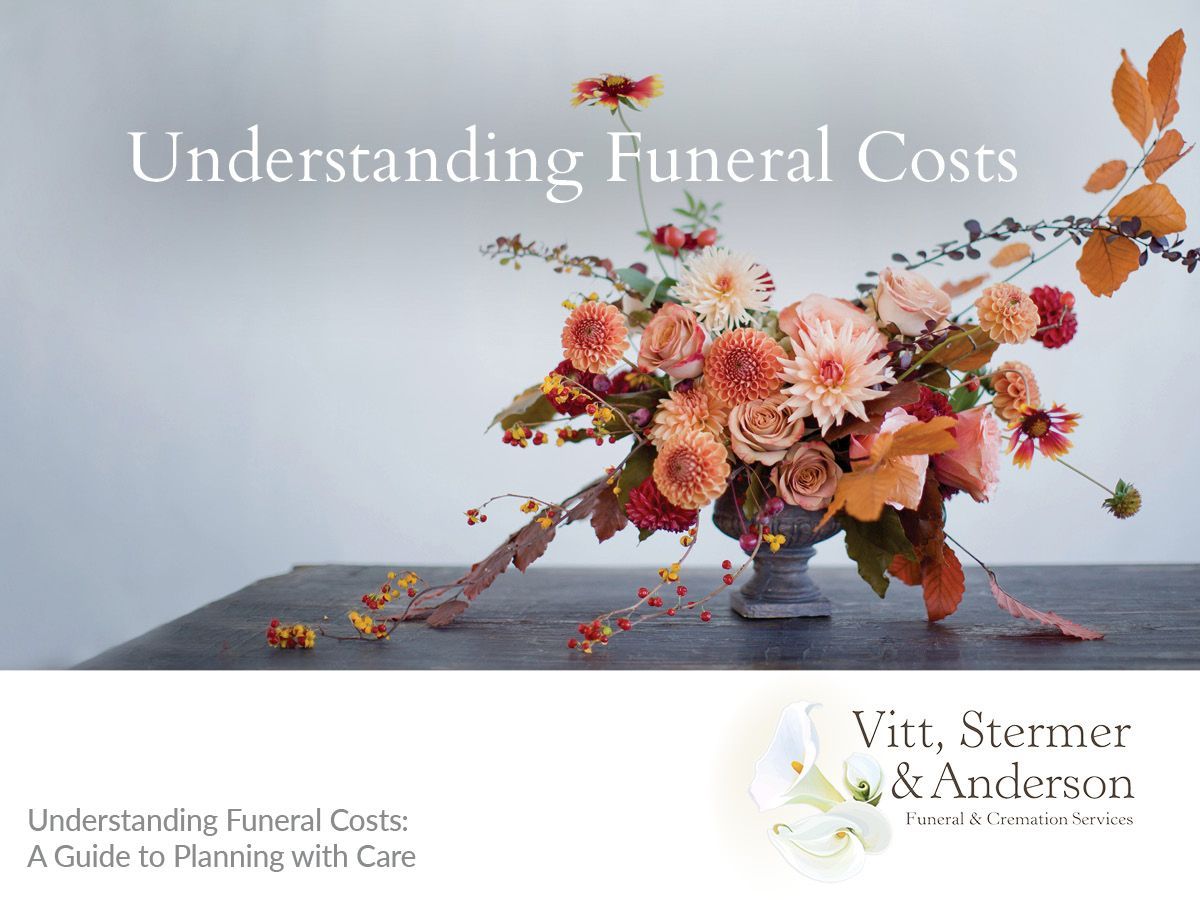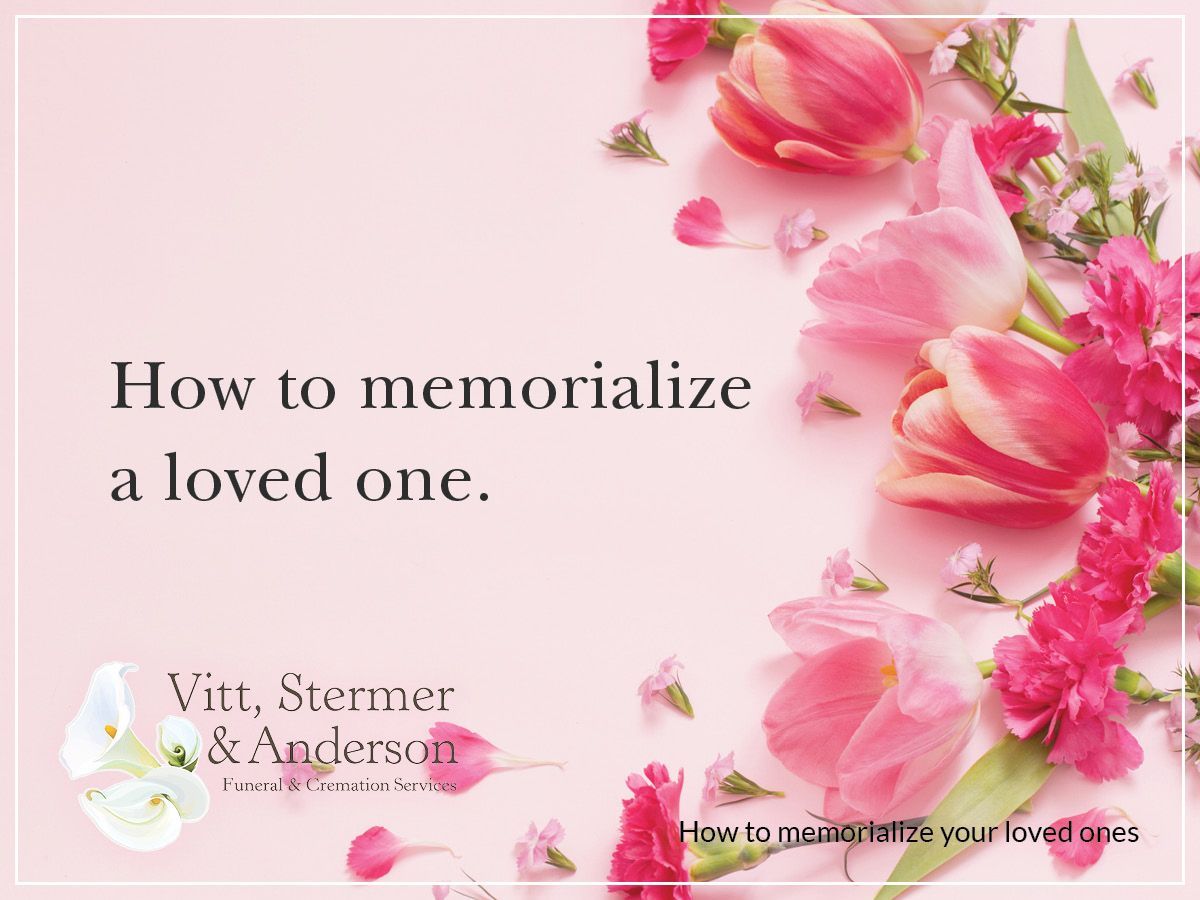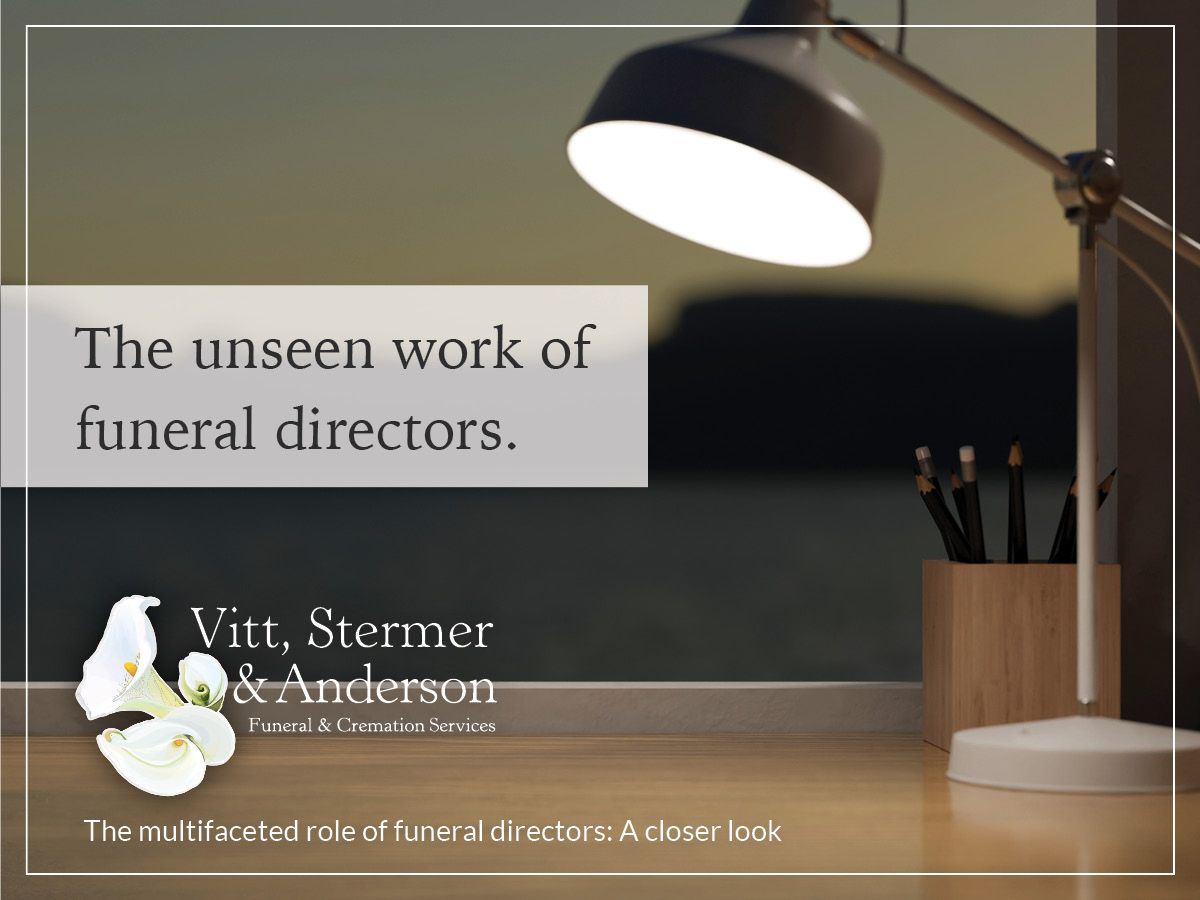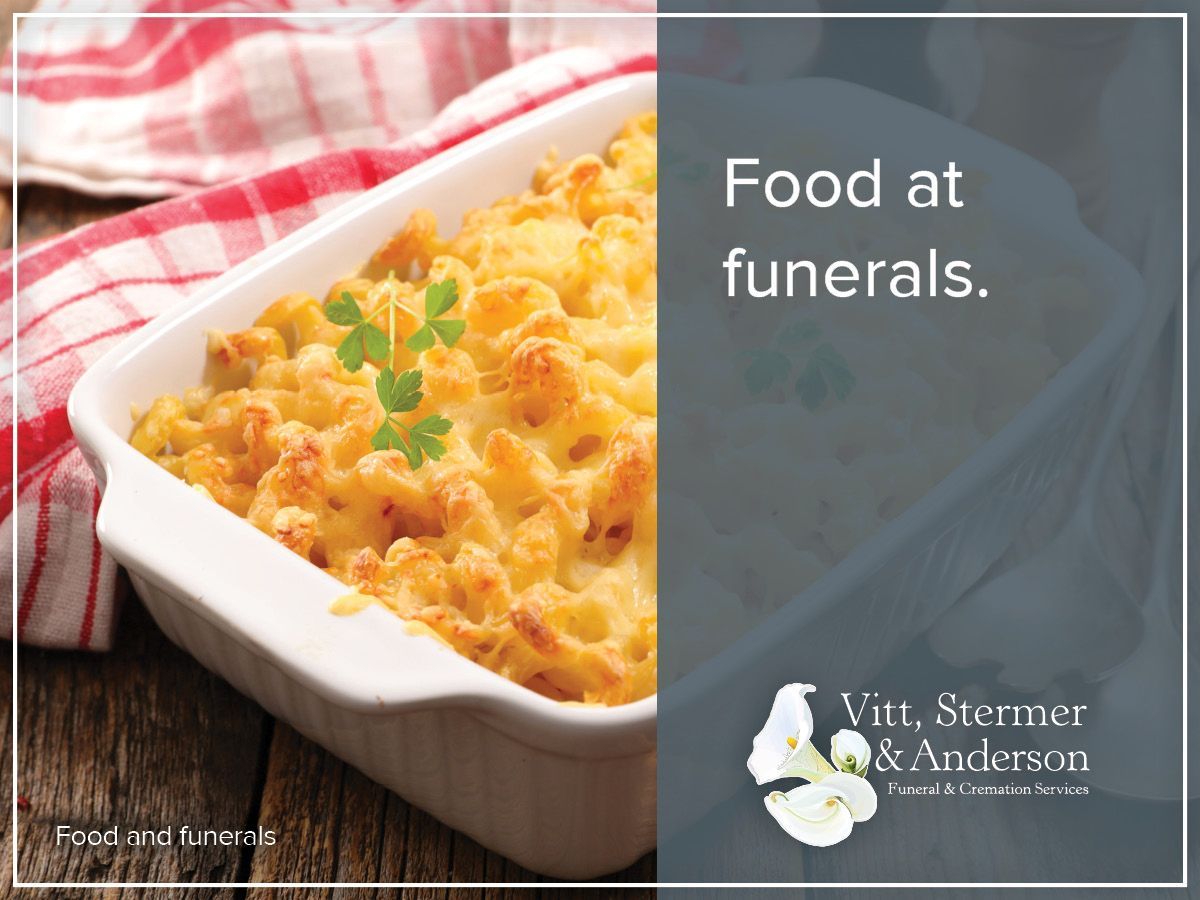My spouse died: Do I really need to wait a year to move?
Nearly all experts say to wait at least six months to a year after a death or divorce before making big lifestyle changes like moving. Sometimes it is just not possible to allow yourself that much time. When that is the case, understanding the thinking behind this advice may help one avoid the pitfalls of making a quick move.
When a person loses a spouse, it changes everything. If it was a long marriage the survivor has been functioning as a half of a team for such a long time that making decisions alone is a totally new skill. In a marriage of shorter duration loss of a spouse manifests as loss of a future. It can feel like you do not know where you are going. In either case, adjusting to the new reality is a daunting task in and of itself.
Moving a household is third in the top three life stressors. Numbers one and two on that list are death of a spouse and divorce. That is why experts never suggest you take on moving when you have lost a spouse if it can be avoided. Moving is putting stress on top of stress.
However, sometimes there is not a choice. When that is the case, understand you will not be thinking as clearly as you normally would. You will also be tired; grieving takes a lot of energy. Consider taking smaller, less permanent steps. Perhaps rent instead of buying a home. If you can, stay near your old home. That will mean less change. You will not be totally lost. You can shop at the same grocery and go to the same doctor. You will be able to continue activities and see friends.
Moving always means packing and sorting belongings. That is a tall order under normal conditions; add grieving to the mix and it may feel overwhelming. Ask for help or hire help. If you can swing it, rent storage for six months and give yourself the gift of time. When you have lost the person you loved, objects associated with that person take on a heightened importance. Lightening your load to make a smaller space work for you or just to make the move itself more affordable may be overwhelming. If you can afford the luxury of putting off difficult sorting decisions, consider it money well spent. Be kind to yourself.
When it comes to the larger furniture pieces, plan carefully. The big stuff usually has less emotion attached to it and it is the costliest to move. Measure your sofa, bed, and dining table. Go to your proposed new space and tape off the space where you plan to place these large objects. If the sofa is going to be too large do not move it, sell or donate instead. Use the dollars you save on moving to purchase pieces that fit your new space.
The important thing is that you are able to rest and relax in your new space. That will not be possible if it is stuffed with too many items. You need room to breathe. You don’t need to feel overwhelmed by objects.
Most importantly, ask for help and accept offers of help. Be specific about what you need your helpers to do. Let go. No one will do everything exactly as you would. Lean in, take a deep breath, eat healthy, and rest.












